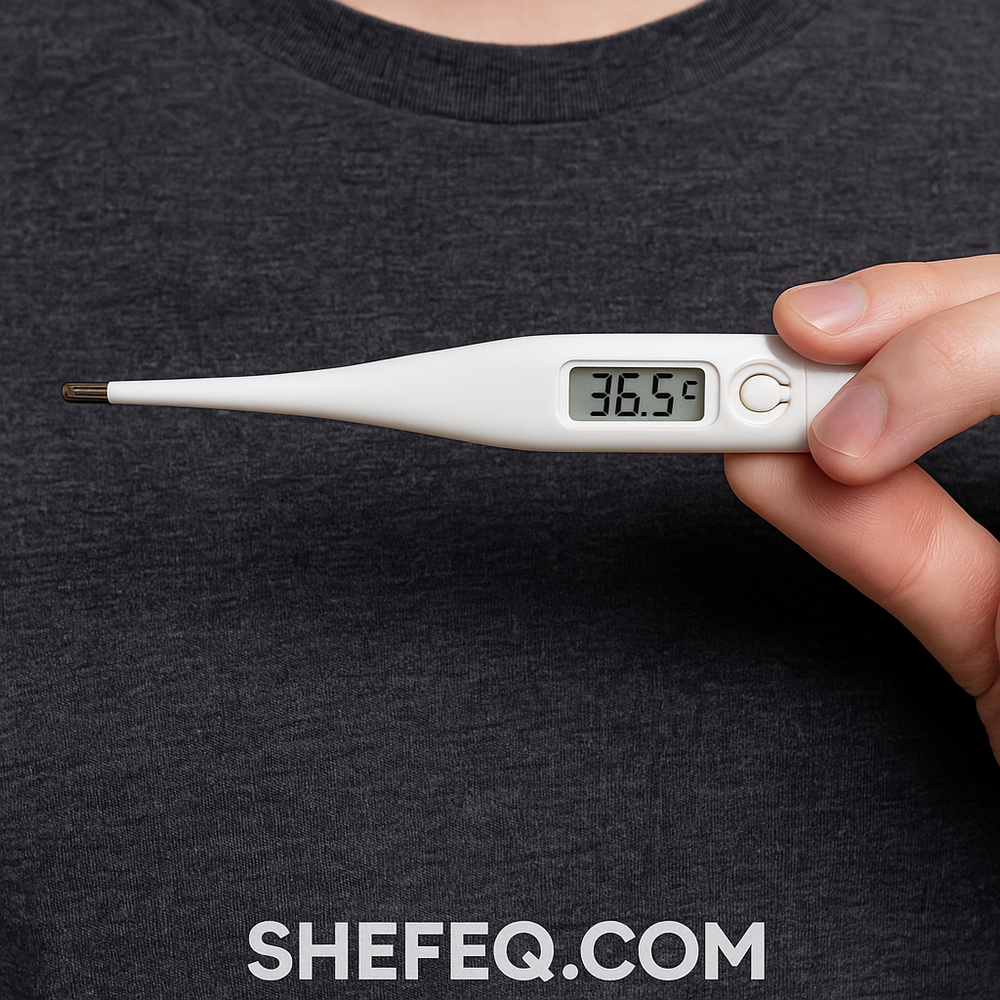Have You Noticed That Our Bodies Are Cooling Down?
Have you ever observed something different about the human body? Our hair may change, our body shape may differ, but one of the most remarkable changes is that our bodies are gradually getting cooler. With every second, and with each generation, our average body temperature is dropping slightly.
For centuries, traditional medical wisdom set the average human body temperature at 37°C (98.6°F). However, modern research has shown that the actual average is a bit lower — around 36.6°C (97.9°F). Though the difference seems small, it points to a consistent downward trend in body temperature across generations.
In 1851, German physician Karl Reinhold August Wunderlich was the first to establish 37°C as the “normal” human body temperature. While thermometers of his time were less precise than today’s instruments, recent studies suggest the discrepancy is not just about measurement accuracy. In reality, the human body itself has been cooling over time.
Why Are Our Bodies Cooling?
According to Stanford University researcher Julie Parsonnet and her colleagues, several factors explain this trend:
-
During the Industrial Revolution, people engaged in more physical labor, which kept body temperatures higher.
-
In the modern era, our lifestyle has drastically changed: with air conditioning, heating systems, and better clothing, the body no longer needs to expend as much energy to regulate warmth.
-
Improved health, fewer infections, and advances in medical care also contribute to lower body temperatures.
Will We Become “Cold Humans” in the Future?
So, if this process continues, will humanity eventually turn into White Walkers from Game of Thrones, with near-freezing bodies? Of course not. Scientists believe this is simply a mild adaptation process closely tied to lifestyle changes. In short, thanks to modern comfort and improved health standards, our bodies no longer need to function at the same high temperatures as before.
Conclusion
The decrease in body temperature is not a cause for concern; rather, it is a sign of better health and adaptation. If current living conditions persist, our bodies may become even slightly cooler — but this could actually mean longer, healthier lives for future generations.

